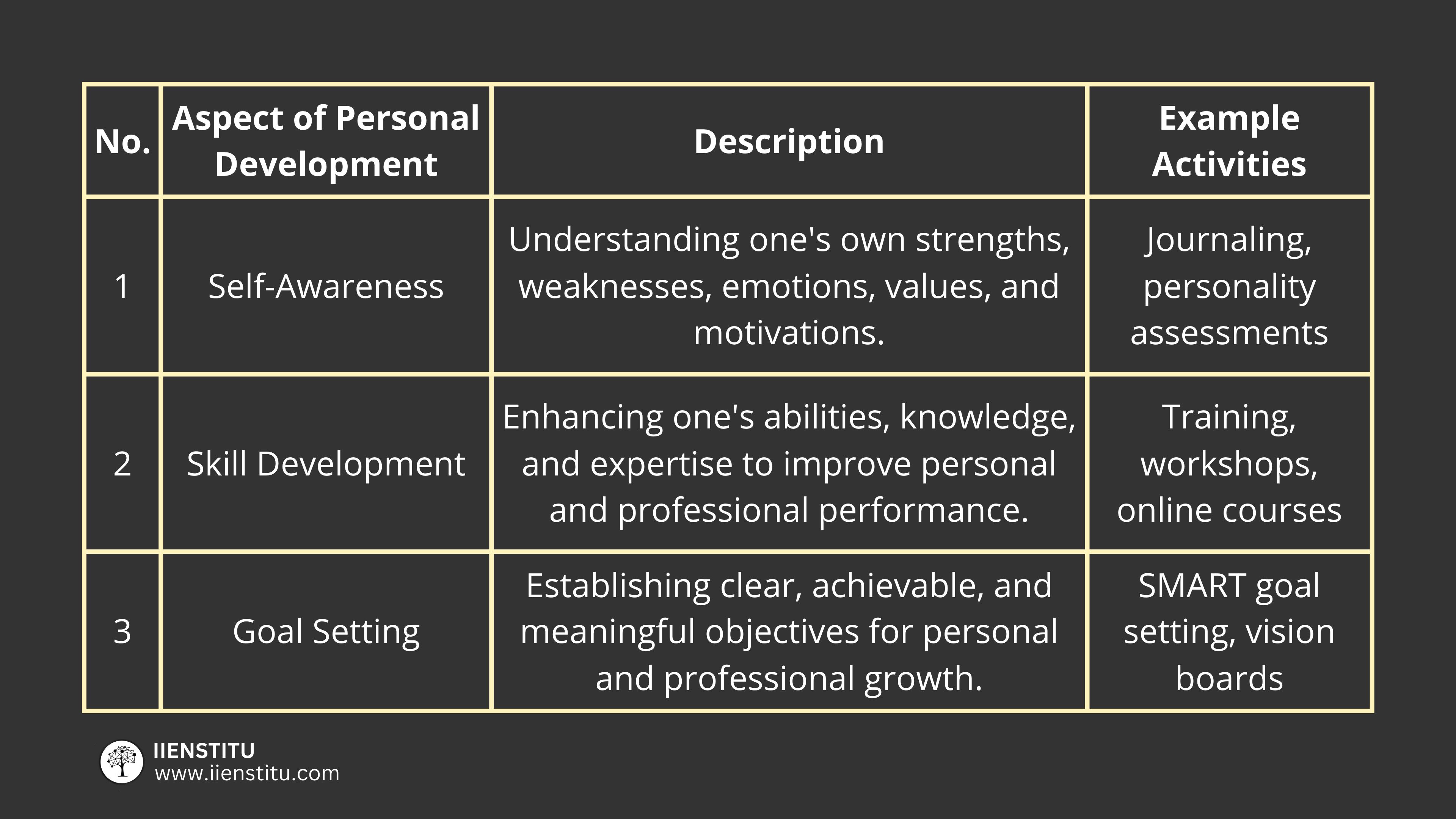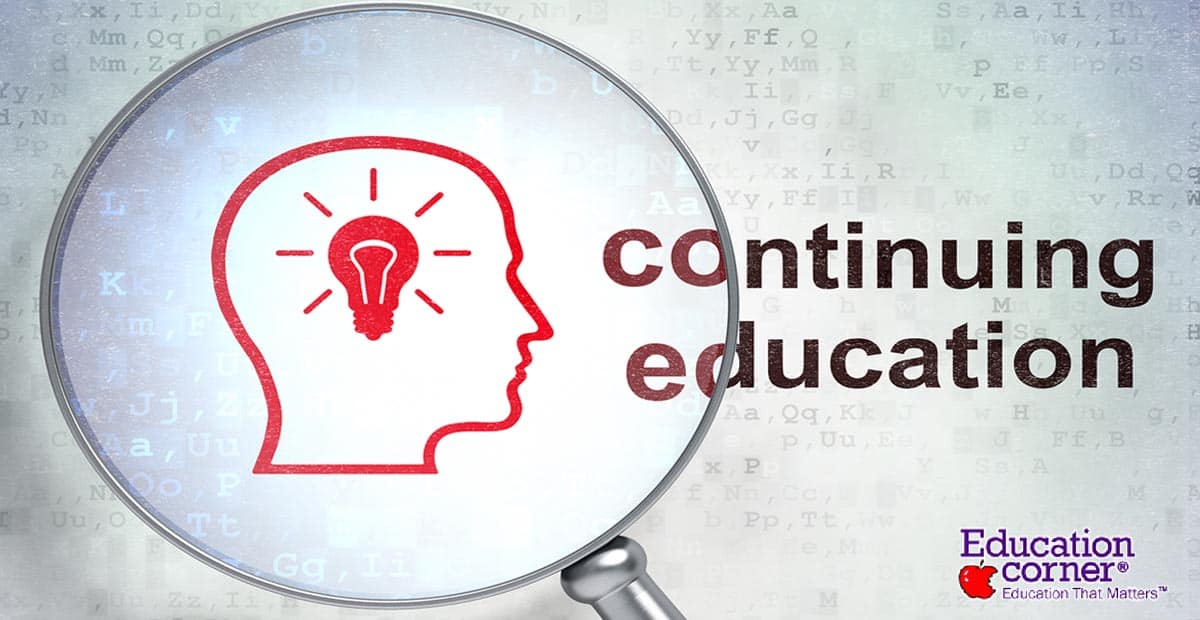
How to Invest in Yourself: Personal Development and Wealth Creation
Written: Editor | April 17, 2023

Personal Development
Investing in yourself is one of the best decisions you can make in life. By prioritizing personal development, you are taking steps towards unleashing your full potential and achieving success in all areas of your life. Here are some key points to consider:
Setting goals for personal growth
Take the time to reflect: Start by identifying what areas of your life you want to improve. This could be your career, relationships, health, or overall well-being.
Set SMART goals: Make sure your goals are Specific, Measurable, Achievable, Relevant, and Time-bound. This will help you stay focused and track your progress effectively.
Break it down: Once you have set your goals, break them down into smaller, actionable steps. This will make them more manageable and increase your chances of success.
Building self-confidence and self-esteem
Challenge your comfort zone: Push yourself to try new things, take on challenges, and overcome obstacles. Each time you step outside of your comfort zone and succeed, your confidence will grow.
Practice self-compassion: Be kind and patient with yourself. Acknowledge your strengths and accomplishments, and learn from your mistakes. Building self-esteem takes time, so be gentle with yourself throughout the process.
Developing skills and acquiring knowledge
Continual learning: Never stop seeking knowledge and skills in areas that interest you. Attend workshops, take courses, read books, and listen to podcasts that expand your knowledge and enhance your skills.
Network and seek mentorship: Surround yourself with like-minded individuals who can support and inspire you on your personal development journey. Find a mentor who can provide guidance, advice, and motivation.
Invest in yourself: Allocate time and resources towards your personal development. This could include investing in courses, workshops, coaching, or therapy. Treat it as an investment in your future success.
Remember, personal development is a lifelong journey. Embrace the process, stay committed to your goals, and celebrate your progress along the way. By continuously investing in yourself, you are opening doors to new opportunities and paving the way for a brighter future.

Physical Health and Wellness
Investing in yourself means taking care of your physical health and wellness. It's about prioritizing your well-being and making choices that contribute to a healthier and happier you.
Importance of a healthy lifestyle
Taking care of your physical health is crucial for overall well-being. A healthy lifestyle has numerous benefits, including:
-
Increased energy: When you prioritize your health, you'll have more energy to tackle daily tasks and pursue your goals.
-
Improved mental health: Exercise and a healthy diet can boost your mood, reduce stress, and improve your mental well-being.
-
Better sleep: Regular physical activity and a nutritious diet can improve the quality of your sleep, leading to a more rested and rejuvenated you.
-
Reduced risk of chronic diseases: Engaging in regular exercise and following a healthy diet can lower your risk of developing chronic conditions such as heart disease, diabetes, and obesity.
Exercise and fitness for overall well-being
Regular exercise is essential for maintaining your physical health and overall well-being. It offers a wide range of benefits, such as:
-
Improved cardiovascular health: Exercise strengthens your heart and improves blood circulation, reducing the risk of cardiovascular diseases.
-
Strengthened muscles and bones: Engaging in activities like strength training and weight-bearing exercises helps build muscle mass, increase bone density, and improve overall strength.
-
Enhanced mood and mental clarity: Exercise releases endorphins, which are natural mood enhancers. It can also improve cognitive function, memory, and concentration.
Nutrition and proper diet
A well-balanced and nutritious diet is another crucial aspect of investing in your physical health. Here's how proper nutrition can benefit you:
-
Weight management: A healthy diet can help you maintain a healthy weight or achieve your weight loss goals.
-
Increased immunity: A diet rich in fruits, vegetables, whole grains, and lean proteins provides essential nutrients that support a robust immune system.
-
Reduced risk of chronic diseases: Eating nutrient-dense foods can lower your risk of developing chronic conditions and improve your overall health.
Remember, investing in yourself is not only about achieving short-term goals but also about adopting lifelong habits that support your physical health and well-being. Prioritize self-care, make time for exercise, and nourish your body with nutritious foods – your future self will thank you.

Mental Health and Emotional Well-being
Investing in yourself goes beyond financial investments and material possessions. It also means taking care of your mental health and emotional well-being. Here are a few key areas you should focus on:
Managing stress and dealing with anxiety
Take a break: Set aside time for yourself and engage in activities that help you relax and unwind. This could include hobbies, meditation, or spending time in nature.
Practice self-care: Prioritize self-care activities such as exercise, getting enough sleep, and eating a balanced diet. These can have a significant impact on managing stress and anxiety.
Seek support: If you find yourself overwhelmed with stress or anxiety, don't hesitate to reach out for help. Talk to a trusted friend or family member, or consider seeking professional support from a therapist or counselor.
Developing resilience and coping mechanisms
Build a support network: Surround yourself with people who uplift and support you. Having a strong support system can help you navigate through challenges and build resilience.
Practice self-reflection: Take the time to reflect on your experiences, emotions, and reactions. This can help you develop a better understanding of yourself and identify areas for personal growth.
Embrace change: Life is full of ups and downs, and being adaptable is essential. Learn to embrace change and view challenges as opportunities for growth.
Importance of self-care and self-reflection
Make self-care a priority: Take time each day to do something that brings you joy and relaxation. This could be reading, listening to music, taking a bath, or practicing a hobby.
Practice self-reflection: Regularly set aside time to evaluate your goals, values, and priorities. This can help you align your actions with your long-term vision and ensure you are on the right path.
Set boundaries: Learn to say no when you feel overwhelmed and prioritize your own needs. Setting healthy boundaries allows you to take care of yourself and avoid burnout.
Investing in yourself is crucial for your overall well-being and personal growth. By prioritizing your mental health and emotional well-being, you can live a more fulfilling and balanced life. Remember, taking care of yourself is not selfish, but rather a necessary step towards leading a happy and successful life.

Professional Growth
Investing in yourself is one of the best decisions you can make to achieve professional growth and advancement in your career.
Continuing education and skill enhancement
-
Stay Relevant: The workplace is constantly evolving, and it's crucial to keep up with the latest trends and technologies. Investing in continuing education and skill enhancement programs can help you stay relevant and competitive in your field.
-
Boost Your Knowledge: By enrolling in courses, attending workshops, or pursuing certifications, you can gain valuable knowledge and expertise that will set you apart from others. These additional skills and qualifications can open doors to new opportunities and promotions.
Networking and building professional relationships
-
Expand Your Network: Building a strong professional network can be instrumental in your career growth. Attend industry events, join professional associations, and connect with colleagues and mentors to expand your network. These connections can provide valuable insights, guidance, and potential job leads.
-
Collaborate and Learn: Networking not only helps you meet new people, but also enables you to collaborate with individuals from various backgrounds and industries. Learning from others' experiences and perspectives can broaden your own horizons and help you develop new ideas and solutions.
Setting career goals and pursuing opportunities
-
Define Your Path: Take the time to set clear career goals and create a plan to achieve them. Identify the skills, experiences, and knowledge you need to reach your goals and work towards acquiring them.
-
Be Proactive: Don't wait for opportunities to come to you. Take the initiative to seek out new challenges, projects, and leadership roles. Look for ways to expand your responsibilities and demonstrate your capabilities.
Investing in yourself should be an ongoing process throughout your career. Embrace continuous growth and improvement, as it will not only benefit you professionally, but also personally. Remember, you are your greatest asset, and by investing in yourself, you are investing in a brighter and more successful future.

Financial Independence
Are you ready to take control of your financial future? Investing in yourself is the first step towards achieving financial independence. By focusing on personal growth and developing strong financial habits, you can create a solid foundation for long-term success.
Investing in your financial literacy
Knowledge is power when it comes to managing your finances. Take the time to educate yourself on topics such as budgeting, saving, investing, and debt management. There are countless resources available, including books, podcasts, and online courses, that can help you improve your financial literacy.
By becoming financially literate, you'll be equipped with the knowledge and skills to make informed decisions about your money. This will enable you to optimize your financial situation and make smart investment choices.
Building passive income streams
One key aspect of financial independence is generating multiple sources of income. While your primary job may provide a steady paycheck, relying solely on this income can limit your financial growth. Investing in yourself means exploring opportunities to build passive income streams.
Passive income can come from various sources such as rental properties, dividend-paying stocks, or an online business. By diversifying your income streams, you can create a more stable and resilient financial future.
Creating a savings and investment plan
Investing in yourself also involves making a plan to save and invest your money wisely. Start by setting financial goals and then develop a realistic savings plan to achieve them. Dedicate a portion of your income towards savings and investments, ensuring that you pay yourself first.
Consider working with a financial advisor to help you develop a personalized investment strategy based on your goals, risk tolerance, and time horizon. Regularly review and adjust your plan as needed to stay on track.
By investing in yourself and committing to financial independence, you are securing a brighter future. Take charge of your finances and make the necessary changes to achieve your goals. With dedication and persistence, you can create a solid financial foundation that will support you throughout your life.

Conclusion
Investing in yourself is one of the best decisions you can make. By dedicating time and resources to personal growth and development, you are setting yourself up for long-term success and fulfillment. Remember, you are your greatest asset, and nurturing your skills and talents will pay off in countless ways.
Benefits of investing in yourself
-
Increased self-confidence: When you invest in yourself, you gain the skills and knowledge necessary to tackle new challenges with confidence. This boost in self-assurance can have a positive impact on all areas of your life.
-
Professional growth: Continuous self-improvement allows you to stay ahead in your career. By investing in relevant courses, certifications, or workshops, you are equipping yourself with the tools needed to excel in your field and open doors to new opportunities.
-
Improved mental and physical well-being: Taking care of your mental and physical health is an essential part of self-investment. Whether it's engaging in regular exercise, practicing mindfulness, or seeking therapy, prioritizing your well-being will enhance your overall quality of life.
Taking the first steps towards personal growth and success
-
Set clear goals: Define what you want to achieve and set specific, actionable goals. This will give you a clear direction and purpose for your self-investment journey.
-
Develop a growth mindset: Embrace challenges, be open to learning, and view failures as opportunities for growth. A growth mindset will enable you to continually improve and adapt to new circumstances.
-
Seek knowledge and learning opportunities: Read books, listen to podcasts, attend conferences or workshops, and engage in online courses. Continuous learning will expand your horizons and keep your skills up to date.
Frequently Asked Questions about self-investment
Q: How much should I invest in myself?
A: The amount you invest in yourself depends on your financial capability and personal priorities. Start with a budget that you are comfortable with and gradually increase it as you see the value and benefits of your investments.
Q: What are some affordable ways to invest in myself?A: There are many affordable or even free ways to invest in yourself. Utilize online resources, join community groups, seek out mentors, and take advantage of networking opportunities to expand your knowledge and skills.
Q: How long does it take to see results from self-investment?A: Results from self-investment vary for each individual. Some skills may take time to develop, while others may have more immediate benefits. Stay committed, be patient, and trust the process. Remember, personal growth is a lifelong journey.
Investing in yourself is a lifelong commitment. By prioritizing personal growth and development, you are investing in a brighter future filled with success, fulfillment, and endless possibilities. Start your journey today and reap the rewards in all areas of your life.



